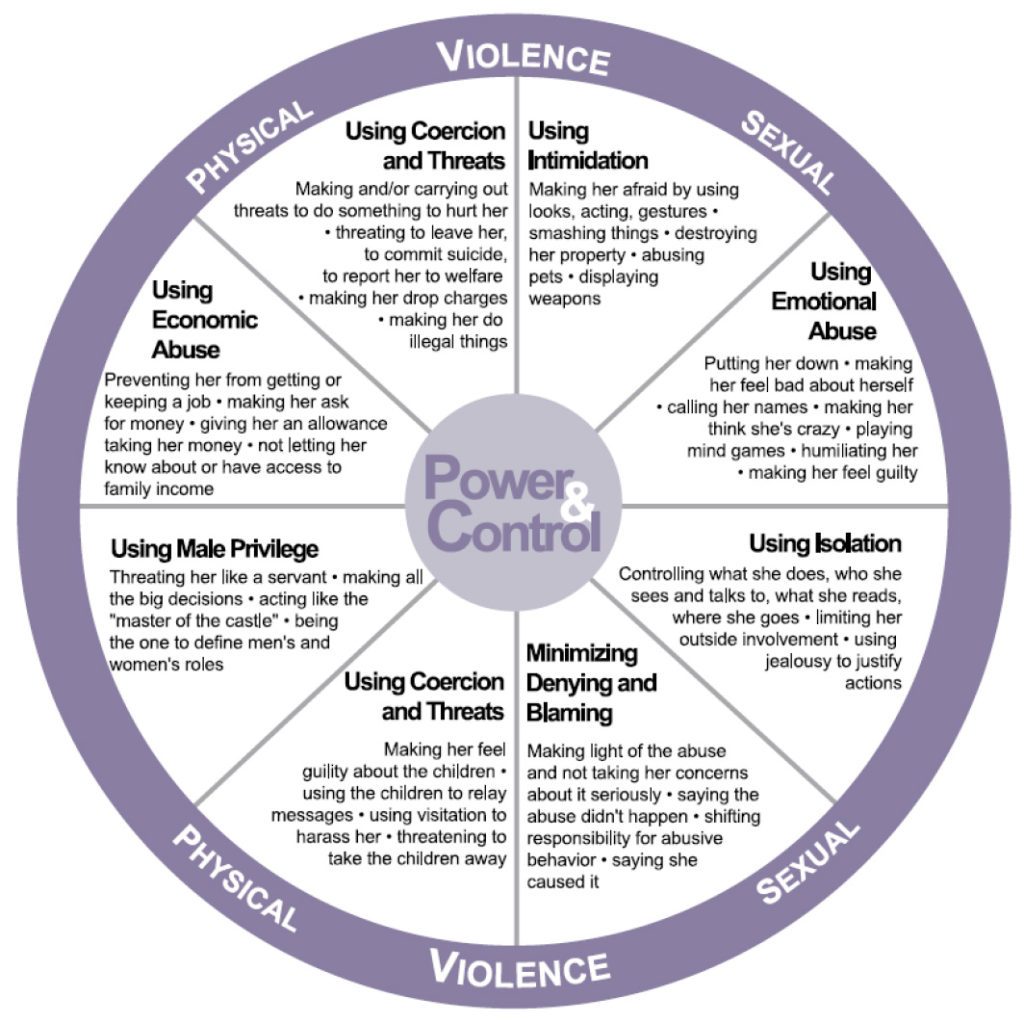Individual therapy can be really helpful for this. Couples work is dangerous when there’s active abuse going on.
Here’s the brief version as to why:
- One person doesn’t have incentive to change.
- In couples work things might get worse before they get better.
- Abuse isn’t conducive to open/honest communication within therapy.
- Therapy can become another way abuse is perpetrated.
I get this question a lot from people desperately wanting help in their relationship. And I get it. You love your partner. You want to be with him or her. They are special to you and make you feel loved and important. I hear things like: “it’s only when they drink,” or “everything is great except when they get angry.” The truth is, couples therapy isn’t safe or recommended if there’s active abuse going on. Here are the reasons why:
1. One person doesn’t have incentive to change
It’s a basic assumption of couples work that both partners have some responsibility for the issues in the relationship. In couples work there are no angels and demons. We’re not looking for who’s right or who’s wrong. This isn’t the case when there’s domestic violence or intimate partner violence (DV/IPV). DV/IPV is about power and control (see the Power and Control Wheel). In these situations one person is gaining power through:
- Coercion / Threats.
- Intimidation.
- Emotional abuse.
- Isolation.
- Minimizing, denying, blaming.
- Using children.
- Using male privilege.
- Limiting access to important resources.
This means that one person has all or most of the power and has little incentive to change or give up their power. The basic assumption of couples work is violated. It’s not both people acting as equals in the relationship contributing to the problem. It’s the person using the power and control techniques that needs to do the heavy lifting to change.

2. In couples work things might get worse before they get better
Sometimes when couples come in to see me they have spent years packing away resentments and unexpressed feelings. They have lost their intimacy and passion through silence. When we start unpacking all of these feelings things can feel uncomfortable. Sometimes they fight more frequently than before. If you add in a situation that’s already dangerous, where one partner doesn’t have equitable power in the relationship, things can go from terrible to unsafe. I personally as a therapist wouldn’t feel good if someone got hurt after a session because one partner was angry about something that was said. That’s the therapist participating in abuse, and that’s not okay.
3. Abuse isn’t conducive to open/honest communication
In therapy we talk about everything: money, sex, religion, emotions, trauma, family dynamics, race, power. Everything that is normally off the table with most people is up for being talked about with compassion and empathy. We talk about the things that you can’t talk about with anyone else, and through this process we help relieve some of the shame. You might read these first few points and decide “it’s okay; we just won’t tell our therapist about it.” Then you’re not engaging in the process. You are increasing the shame and guilt you hold and that’s unfortunate. Therapy can be one of the most healing experiences.
Other times one partner might decide for the couple that they won’t bring it up. “It’s not that big of deal anyway,” they might say. In that case the therapist will likely assume that both partners have equal power. If one partner doesn’t feel safe to say “I left with the kids because you threw a plate at my head,” and instead only hears one side of the story, the partner is likely to be convinced to go back into an unsafe situation. If the partner does say something about the abuse then the person perpetrating will likely be angry and possibly violent. This leads me to my forth and final point:
4. Therapy can be a part of the abuse
In the situation where we assume that there is equitable power and there isn’t, a therapist can encourage therapeutic techniques that aren’t safe. This can increase the silence of the person being abused and increase their feelings of isolation. Trauma can be defined as someone feeling overwhelmed and alone (yes, it’s that simple). In that instance the therapist is contributing to traumatizing a person.
If you’d like to learn more about this topic, you can visit the National Domestic Violence Hotline website here.
If you’re interested in working with me around these topics, go to my Contact page to find how to reach me.